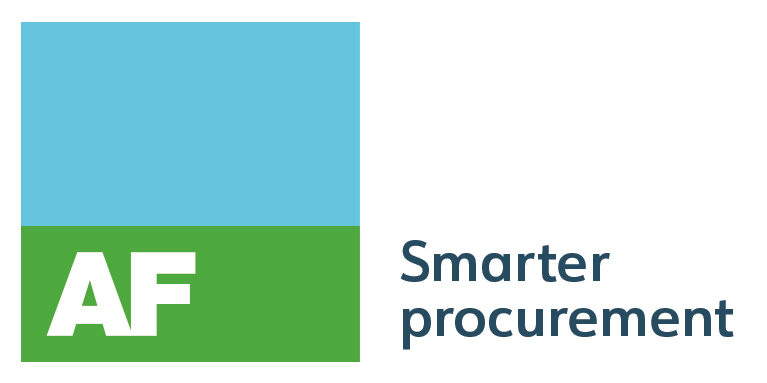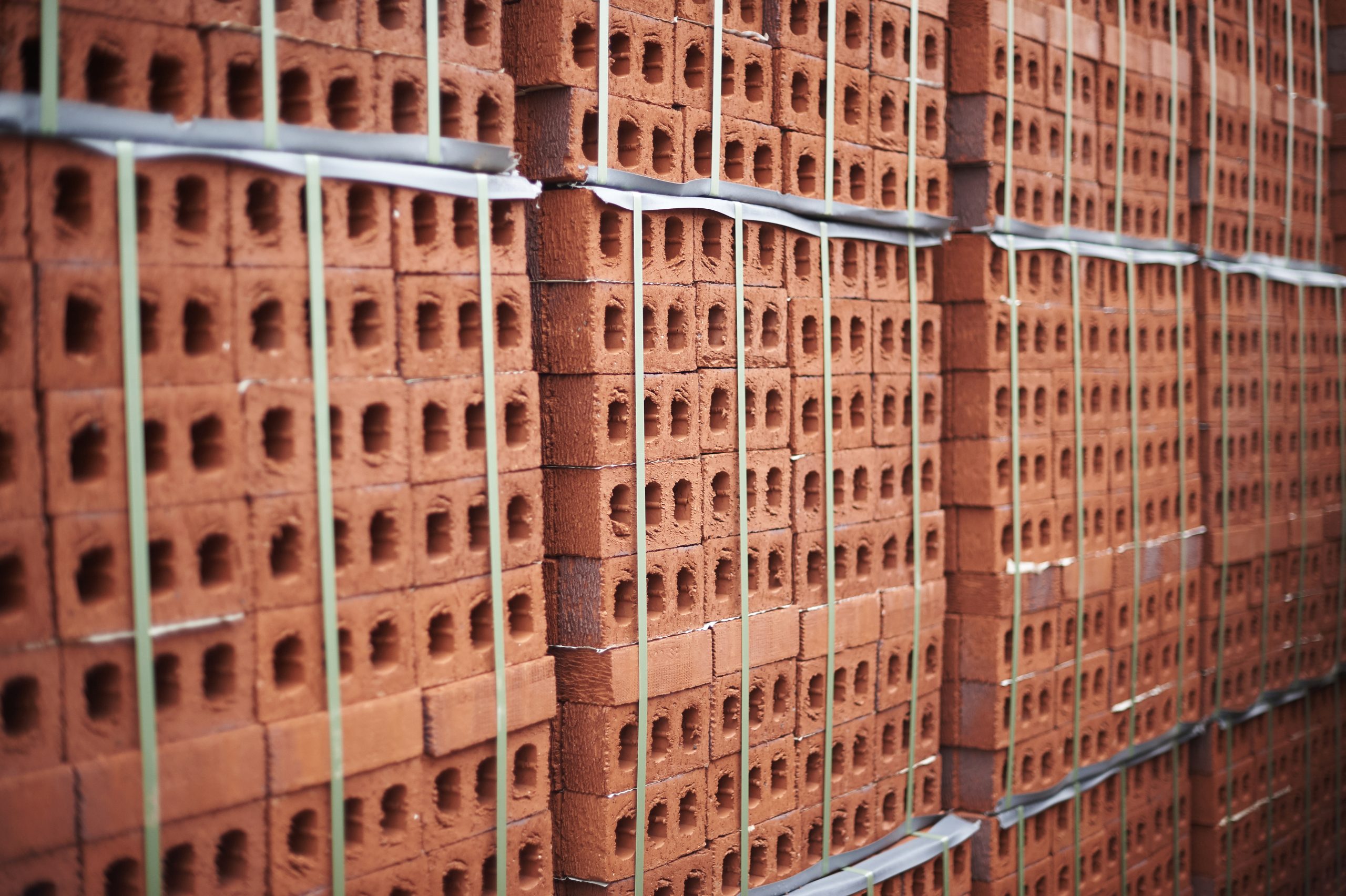How recently have you needed something from a builders’ merchant? Be it a pack of screws, a length of timber, a can of paint – or perhaps all you need for a much bigger project – you find yourself at the trade counter. And you’ll want to get good value as well as quality.
So put yourself in my shoes, part of my role at AF is to order construction materials worth more than £10 m a year! That’s the value of spend by our Members with all three of the big national builders’ merchants plus hundreds more within the construction sector.
Data and commitment
While £10 m worth of construction materials sounds a lot (because it is), the bulk of orders tend to be for similar products. Products such as bags of cement, plasterboard, insulation, sawn timber. Your bread and butter, or perhaps more aptly, bricks and mortar requirements.
These buying patterns prove an invaluable tool when negotiating best value. Through analysis of a previous year’s purchases, my AF colleagues begin pricing discussions with basic volumes in mind.
Our construction team relish the challenge of this question: how to use the data we have to better deliver value while avoiding risk? The answer was a tender based on our most purchased products, one in which AF would seek best prices for a set period and commit to place all orders through the winning supplier. So, while we couldn’t commit on exact quantities, we could commit to where – or with who – the orders were placed. Something that proved popular with our suppliers. Any business can understand the value of having definite orders in your books.
Why pay more?
Our first 3 month tender earlier this year was awarded to Travis Perkins. They were able to commit lower prices for AF Members. That was great for those farming and rural businesses ordering construction materials through us. Travis Perkins benefitted from greater order volumes, and AF benefitted through simplified procurement processes. A win all around then!
For a long-term relationship such as this to work it is essential that I/we sustain these advantages to all players in the supply chain. What farmers see as unfairness in supply chains is an issue that you will frequently see reported in these newspaper pages. A race to the bottom serves no one long term.
In late April my colleagues and I sat down with Travis Perkins again to review the tender period. Were they pleased? Had it worked for them? Yes. 115% increase in turnover for the period when compared to previous years. Had it worked for AF? And crucially our Members? Yes. Orders were placed quickly and efficiently with complete confidence in the supplier. All Member’s orders delivered on time and at best price. Again, a win all round.
Value, not just price
While price is an undeniably important consideration, it shouldn’t be considered in isolation. What use is the cheapest option if it’s not available for delivery? When I look at value I consider the 5 ‘rights’ of procurement which combined contribute to value. They are right quality, quantity, place, time and price. Lose any one of these and value is compromised.
The shift from a pricing focus to a value one won’t happen overnight, but a world that focusses only on price invites risk. Ask yourself, how important is the quality, quantity, timing and location of what you are buying this week, whether for your next repair or building project, or anything else. I’d hazard a guess they’re pretty key.
Kristian, D. 2024. Building value. East Anglian Daily Times. 1st June.




